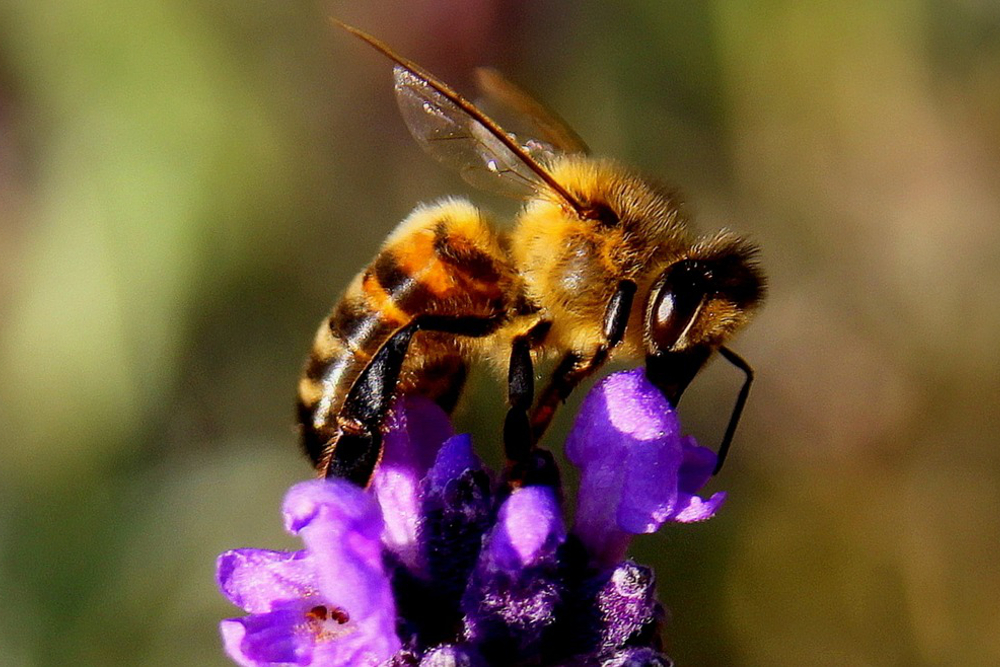
Working Together: Biodynamic Grains & Pollinator Health
"Life in the beehive, much more so than with ants and wasps, is based on successfully cooperating and working with the other bees in the hive." ~Rudolf Steiner
Rudolf Steiner foreshadowed the demise of the bee when what we now consider conventional practices were being introduced into agriculture, especially the breeding of bees. He warned during a lecture in 1923 that if we continued our path towards industrial agriculture the honey bee population would be in danger by the end of the century.
July 7, 2017 | Source: Demeter Association | by
“Life in the beehive, much more so than with ants and wasps, is based on successfully cooperating and working with the other bees in the hive.” ~Rudolf Steiner
Rudolf Steiner foreshadowed the demise of the bee when what we now consider conventional practices were being introduced into agriculture, especially the breeding of bees. He warned during a lecture in 1923 that if we continued our path towards industrial agriculture the honey bee population would be in danger by the end of the century. (Read all of Steiner’s bee lectures here.)
Steiner’s words have proved to be prophetic as we witness the ravishes of colony collapse disorder and dramatic declines in bee populations across the country and around the world. In the last five years alone 30% of the national bee population has disappeared and nearly one-third of all bee colonies in the U.S. have perished. Rudolf Steiner points out in Lecture 7 of the Agriculture Course that all insects and birds and that which belongs to the air, astrality and cosmos, supports all parts of plants which grow above the ground, in a similar manner to the way soil biology supports the roots of all plants below the earth’s surface.
Bees are essential in bringing the plant into intimate interaction with their cosmic surroundings. While gathering pollen and nectar, bees carry pollen from the stamen of one flower to the stigma of another. Pollen contains the flower’s male cells, which fertilize the female cells in the flower’s ovary. There would be no seeds and fruit without pollination. Therefore, bees are of great importance to the life of plants. However, their role in plant development goes far beyond that. Bees connect plants with the environment in which they are a part, encouraging the plant to express its essential nature and develop to its full potential.
